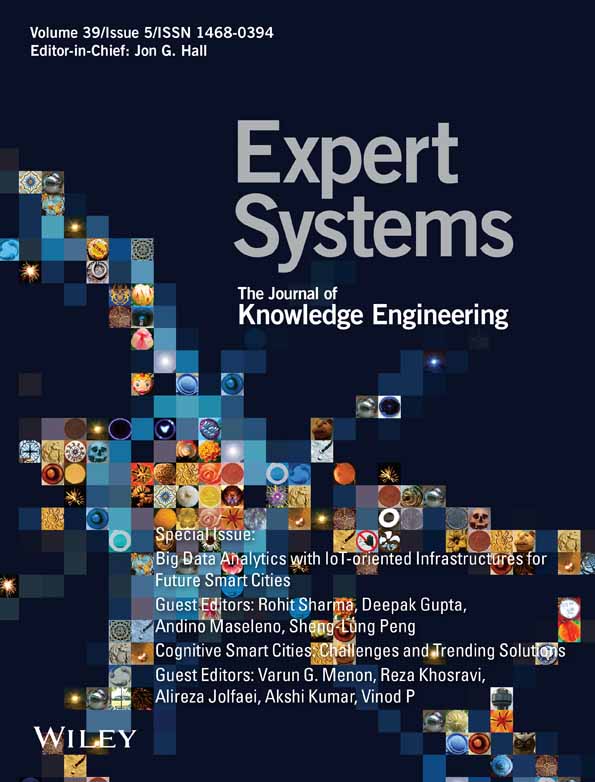Machine learning-based model for prediction of power consumption in smart grid- smart way towards smart city
Funding information: Scientific Research Deanship at the University of Ha'il, Grant/Award Number: RG-20093
Abstract
A smart city is an idea that is realized by the computing of a large amount of data collected through sensors, cameras, and other electronic methods to provide services, manage resources and solve daily life problems. The transformation of the conventional grid to a smart grid is one step in the direction towards smart city realization. An electric grid is composed of control stations, generation centres, transformers, communication lines, and distributors, which helps in transferring power from the power station to domestic and commercial consumers. Present electric grids are not smart enough that they can estimate the varying power requirement of the consumer. Also, these conventional grids are not enough robust and scalable. This has become the motivation for shifting from a conventional grid to a smart grid. The smart grid is a kind of power grid, which is robust and adapts itself to the varying needs of the consumer and self-healing in nature. In this way, the transformation from a conventional grid to a smart grid will help the government to make a smart city. The emergence of machine learning has helped in the prediction of the stability of the grid under the dynamically changing requirement of the consumer. Also, the usage of a variety of sensors will help in the collection of real-time consumption data. Through machine learning algorithms, we can gain an insight view of the collected data. This has helped the smart grid to convert into a robust smart grid, as this will help in avoiding the situation of failure. In this work, the authors have applied logistic regression, decision tree, support vector machine, linear discriminant analysis, quadratic discriminant analysis, naïve Bayes, random forest, and k-nearest neighbour algorithms to predict the stability of the grid. The authors have used the smart grid stability dataset freely available on Kaggle to train and test the models. It has been found that a model designed using the support vector machine algorithm has given the most accurate result.
CONFLICT OF INTEREST
There is no conflict of interest regarding the publication of this article.
Open Research
DATA AVAILABILITY STATEMENT
Smart grid stability dataset (Arzamasov et al., 2018) that supports the finding of this study is openly available at Kaggle. It was created by Vadim Arzamasov. Vadim has donated this dataset to the University of California (UCI) Machine Learning Repository. It is freely available for research work purposes on https://www.kaggle.com/pcbreviglieri/smart-grid-stability.




